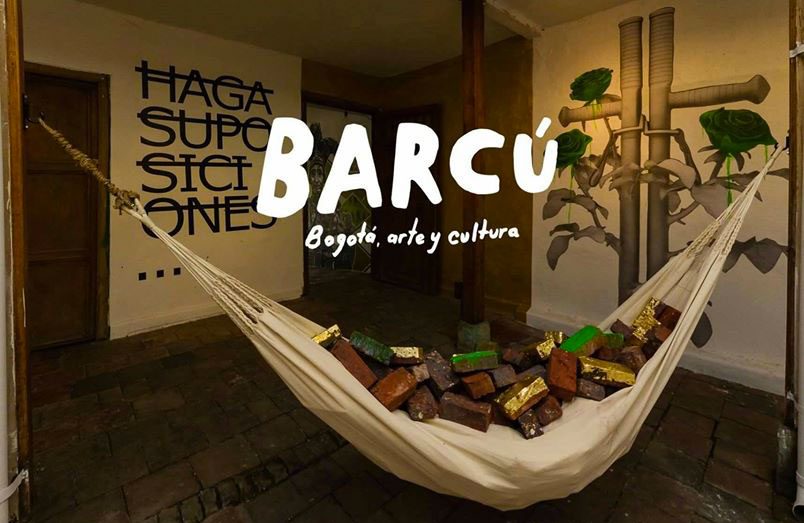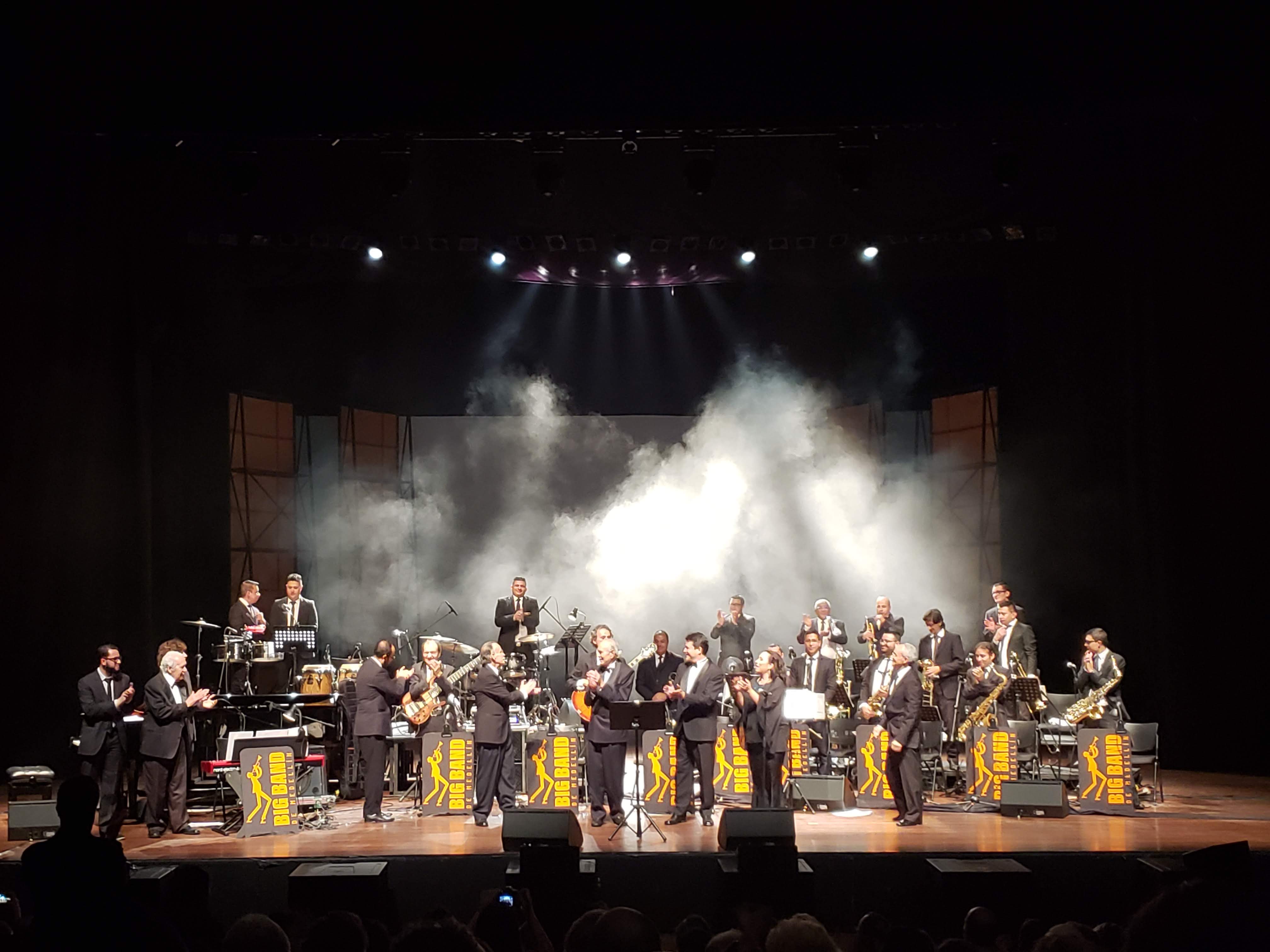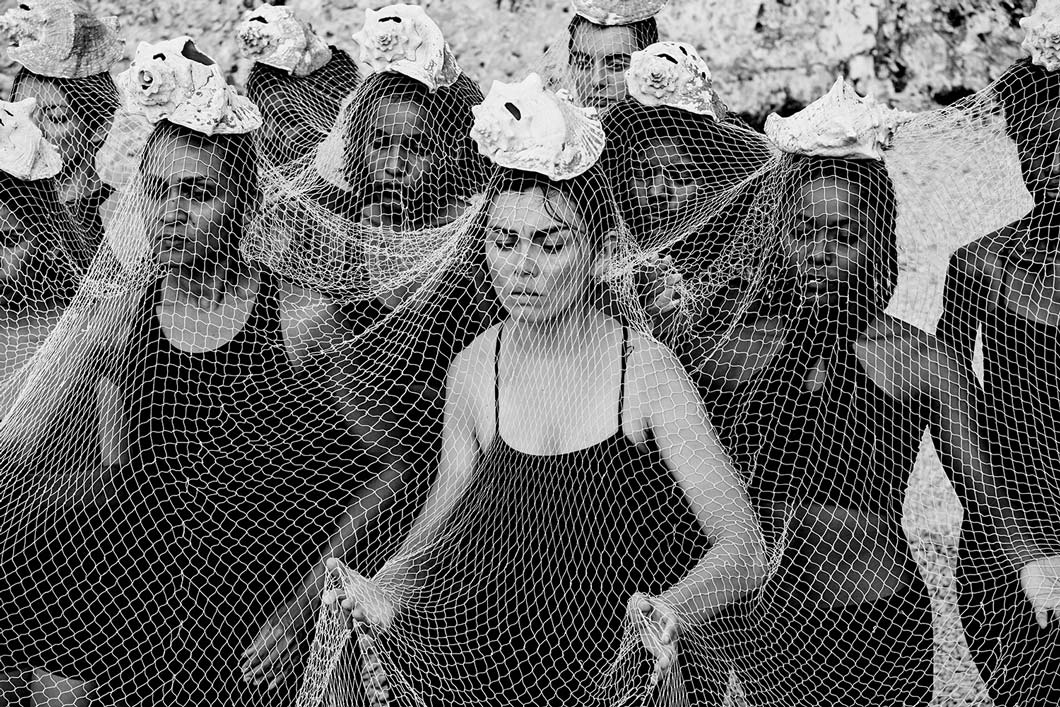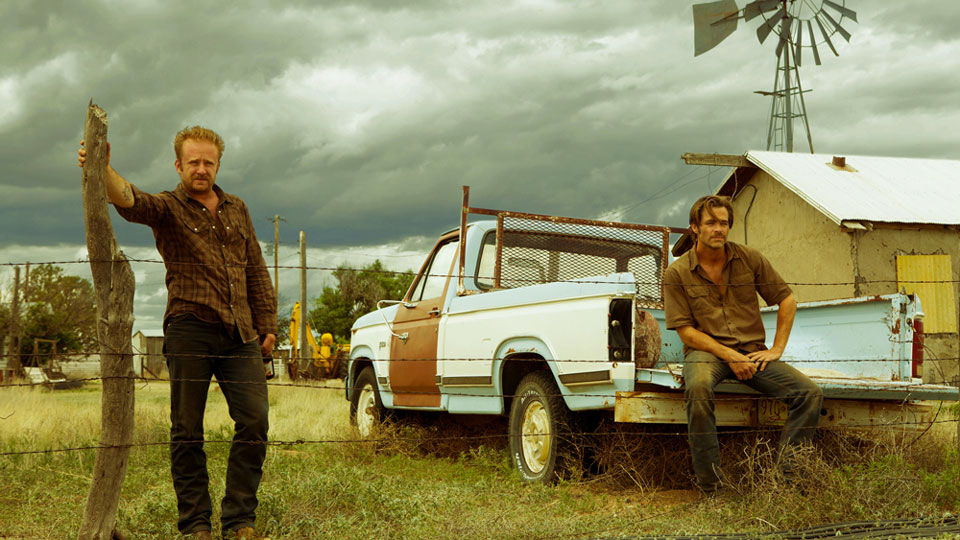 As the city reverses its controversial decision on the al Parque music events, Azzam Alkadhi looks into the festival fiasco
As the city reverses its controversial decision on the al Parque music events, Azzam Alkadhi looks into the festival fiasco
A little over a week after announcing the merger of three of the city’s major free festivals into one big event called Bogotá Suena, the Instituto Distrital de las Artes (Idartes) revealed that Jazz al Parque, Salsa al Parque and Colombia al Parque would remain separate.
This rapid U-turn came after heavy pressure and outrage on social media from musicians, promoters and the general public. According to Idartes, “the decision was taken after analysing the structure of the festivals and listening to various opinions.”
Many had initially questioned why such a consultation had not taken place before the unilateral decision to create Bogotá Suena was announced.
Ana Lucía Muñoz, one of the founding members of Bogotá-based salsa group Toño Barrio – who have played at Salsa al Parque on three occasions – told The Bogotá Post: “The news felt like a bucket of cold water being poured on us.”
She continued: “We were in mourning because we were going to lose an event that had become the most important salsa festival in Colombia. The three festivals are priceless for the city and it was completely absurd to allow each one – with its own space, time and audience – to be lost.”
The merging of the festivals into Bogotá Suena, which was set to take place in September, was sold as an attempt to strengthen their reach and bring together the city’s best cultural offerings and not, as many had claimed, as a budget-saving measure.
Jazz al Parque has been a part of the capital’s cultural calendar for 20 years, while Salsa al Parque has been in existence for 18 years.
Muñoz warned against complacency and stressed the need to keep these festivals going as separate entities: “It is still important to highlight the importance of the festivals to musicians because there is a danger that they will try to merge them again in the future.”
Our say
The Bogotá Post’s salsa aficionado Olly West welcomes the change in decision, arguing that the festivals need to remain separate
Mayor Peñalosa loves nothing more than talking about the “democracy” of public space. It is therefore only consistent with his philosophy that his administration continues to support Salsa, Jazz and Colombia Al Parque.
Salsa al Parque – to speak of the event I know best – is a truly democratic event.
Salsa music spans generations, regions and social classes in Colombia like no other genre, and this is reflected in huge, diverse audiences that have attended the festival each year for nearly two decades.
Local authorities will struggle to find a better way to give tens of thousands of people an unforgettable experience. This is public space of the highest quality.
Moreover, Salsa al Parque has been a vital part of making Colombia the global capital of salsa – ahead, even, of places like Puerto Rico, Cuba and New York, which have more claim over the origins of the genre.
Colombia is the place that salsa greats love to come to most because it is where they can still attract the number of fanatics that they did across the world in the 1970s and 1980s. It is where some of the genre’s best new artists – such as Dutch trumpet sensation Maité Hontelé – are coming to play and record.
Salsa’s prominence in Colombia has made the country the birthplace of two major genres: reggaeton and salsa choke. And as tourism increases, Colombian artists are gaining unprecedented global exposure.
Put bluntly, in a country notoriously wasteful of its public money, few entities can claim to be a more well spent use of funds than these festivals, which are Bogotá’s way of showcasing one of the areas in which Colombia can claim to be genuinely world class.





